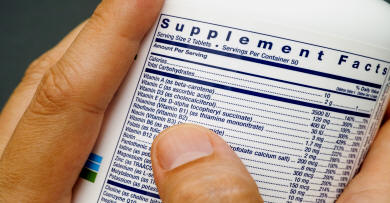
Dietary Supplements Regulation
Dietary supplements are widely used to complement diets and support overall health. Ensuring the safety and efficacy of these products is paramount. This page provides an overview of the current regulatory framework for dietary supplements, highlights existing challenges, and offers guidance for consumers.
Current Regulatory Landscape
Dietary supplements are regulated under the Dietary Supplement Health and Education Act (DSHEA) of 1994. This Act established a framework that allows supplements to be marketed without premarket approval, relying instead on post-market surveillance for safety concerns. However, this framework has faced criticism for not keeping pace with evolving scientific knowledge and industry practices.
Key Points of DSHEA:
- Premarket Approval: Dietary supplements do not require FDA premarket approval for safety or efficacy.
- Labeling Requirements: Supplements must be labeled with a statement of identity, net quantity of contents, and directions for use, among other details.
- Safety Monitoring: Manufacturers are responsible for ensuring the safety of their products, and the FDA can take action if a product is found to be unsafe after it reaches the market.
Regulatory Gaps and Concerns
Labeling Accuracy: Studies have shown that some dietary supplements may not contain the ingredients listed on the label or may contain different quantities than stated. This mislabeling can lead to unintended overdoses or inadequate doses, posing health risks (Harvard Health).

Quality Control: A significant percentage of dietary supplements have been found to contain undeclared compounds, including banned substances. This is a concern particularly for athletes, who face doping risks from these unlisted ingredients (Kozhuharov, Ivanov, & Ivanova, 2022).
Regulatory Oversight: The current system does not adequately address new dietary ingredients or ensure comprehensive safety evaluations before market entry.